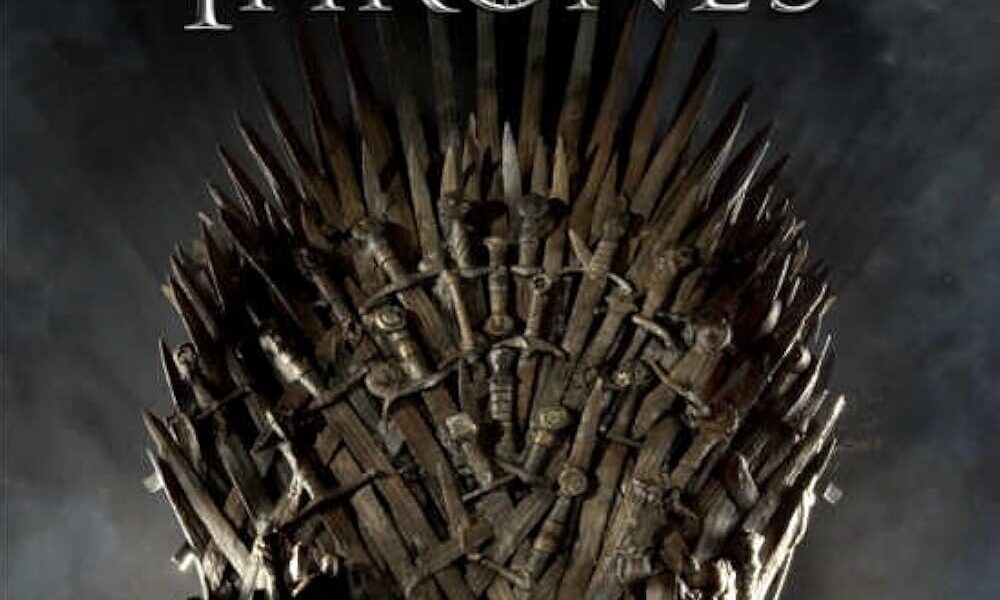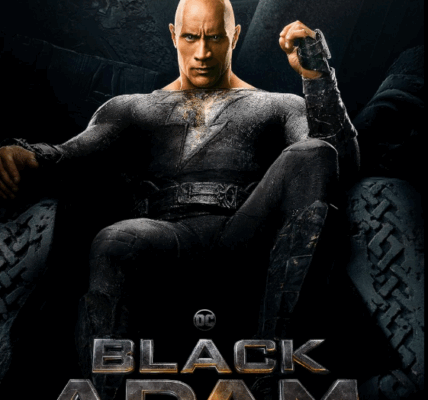Movie Overview (Series Overview)
- Title: Game of Thrones
- Release Date: Premiered April 17, 2011; concluded May 19, 2019
- Genre: Fantasy / Drama / Political Thriller / Epic
- Creator / Showrunners: Adapted by David Benioff & D. B. Weiss from the A Song of Ice and Fire novels by George R. R. Martin
- Main Cast (among many): Peter Dinklage (Tyrion Lannister), Kit Harington (Jon Snow), Emilia Clarke (Daenerys Targaryen), Lena Headey (Cersei), Nikolaj Coster-Waldau (Jaime), Sophie Turner (Sansa Stark), Maisie Williams (Arya Stark), many others
- Where to Watch: Originally on HBO; in many regions, available via HBO Max / affiliated services / licensed streaming platforms
1. Plot Summary (Concise, without major spoilers)
Game of Thrones is set in the fictional continents of Westeros and Essos, where noble houses vie for control of the Iron Throne and dominion over the Seven Kingdoms. At the same time, an ancient supernatural threat—long dormant beyond the Wall in the North—begins to stir again, posing existential danger to all of humanity.
Key characters include House Stark in the North, House Lannister in the West, the exiled House Targaryen across the sea, and many others whose alliances, betrayals, ambitions, and tragedies intersect in a brutal contest for power. As the series progresses, the political intrigue escalates, wars break out, dragons and magic reemerge, and the struggle becomes not just for a throne, but for survival against forces beyond human control.
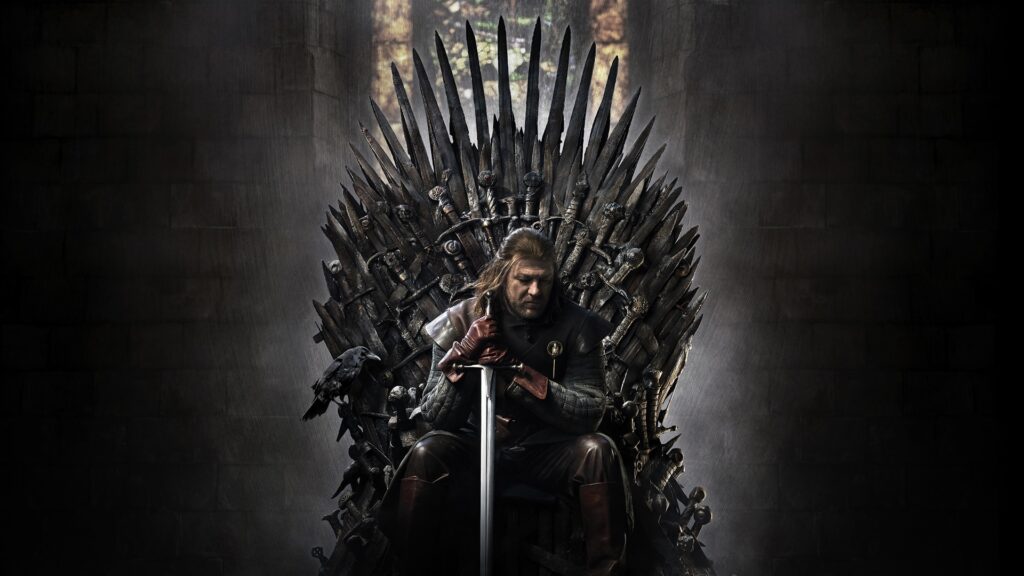
2. Notable Elements
What Game of Thrones does particularly well (and where it is challenged):
Strengths / Memorable Moments
- Ambitious Scope & Ensemble Cast: Few TV shows have had such a sprawling ensemble, multiple storylines, and vast geography. The way it juggles many characters yet allows arcs to interweave is audacious.
- Unexpected Twists / Subversion of Expectations: In Game of Thrones, no one is truly safe. Characters who seem “sure” can be eliminated (e.g. Ned Stark’s fate in season 1) — this unpredictability became a hallmark of the series.
- Moral Complexity & Grey Characters: Very few are purely “good” or “evil.” Figures like Tyrion, Jaime, Cersei, Daenerys, Jon Snow are complex; choices often have heavy costs.
- Production Values & Cinematography: The landscapes, sets, costumes, epic battle sequences (e.g. “Battle of the Bastards,” “Blackwater,” “The Long Night”) are visually stunning. The show often attains cinematic quality on TV.
- Strong Character Arcs & Performances: Actors like Peter Dinklage (Tyrion Lannister) deliver standout performances. The emotional journeys—Arya’s transformation, Sansa’s evolution, Jon’s identity—are compelling.
- Integration of Fantasy Elements with Political Drama: Magic, dragons, prophecy, resurrection, the White Walkers—all are treated as real stakes but grounded within political, human drama.
Weaknesses / Issues
- Declining Writing & Pacing in Later Seasons: Many fans and critics agree that the final seasons (especially 7 & 8) rushed key arcs, compressed plots, or made character decisions less grounded.
- Inconsistent Character Motivations: Some characters act in ways that seem to serve plot rather than natural evolution, especially under time constraints late in the series.
- Uneven Tone & Scope: Because of many storylines, some threads feel less developed. Some side characters disappear or get sidelined.
- Controversial Ending: The finale, especially the last season’s resolution of major arcs (e.g. Daenerys, Jon, the Iron Throne) disappointed many who felt it lacked build-up or emotional payoff for what the series had prom ised.
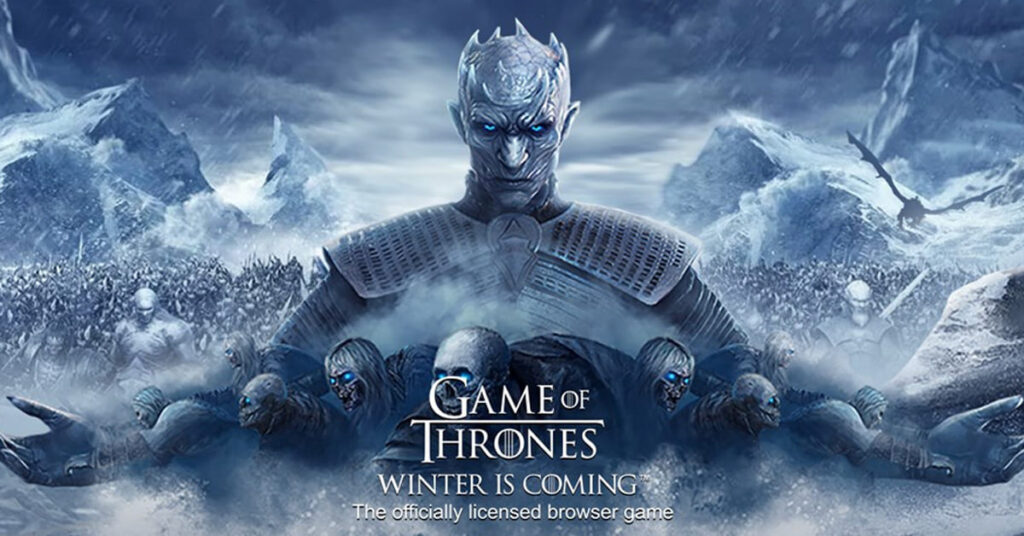
3. Themes & Messages
Here are the big themes in Game of Thrones, and how they resonate:
- Power, Ambition, and Corruption: The hunger for power is central. The series explores how ambition corrupts, how power must be balanced with responsibility, and the consequences when it is not.
- Duty, Legacy & Identity: Characters often struggle between duty to their house, family, or people, and their own desires. Identity (who you are vs who others expect) is tested repeatedly.
- Survival, Sacrifice & Loyalty: Many arcs examine how far characters will go to protect loved ones, survive in brutal circumstances, or sacrifice their own for larger causes.
- Cycle of Violence & Betrayal: History repeats; betrayals, wars, vengeance all loop. The show emphasizes that violence begets more violence, and alliances are fragile.
- The Role of Fate / Prophecy vs Choice: Magic and prophecy are present, but the show often asks: to what degree are events predetermined? Are people bound by destiny or can they make real choices?
- Equality, Kingship, Justice: Who should rule? On what basis—birthright, merit, force, consent? The series repeatedly tests visions of justice and what makes a good ruler.
In a holiday or reflective season sense, some themes—sacrifice, leadership, responsibility, redemption, hope amid darkness—can echo the spirit of introspection, reconciliation, and renewal.
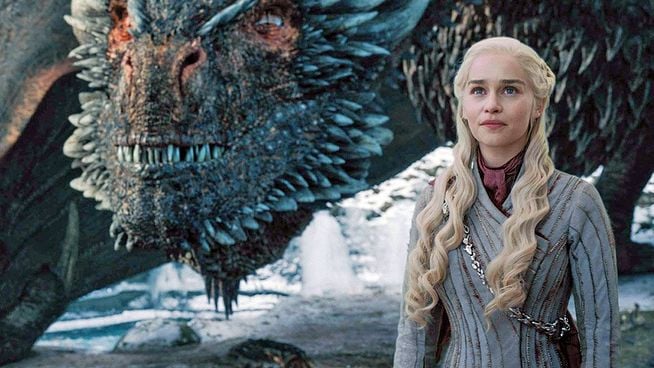
4. Personal Impressions
What I admired, and what I found less satisfying:
What I Loved
- The early seasons were masterful: character introductions, intrigue, shocking turns, and gradual build-up of fantasy elements. The Red Wedding, the rise of Daenerys, the building of tension felt earned.
- The characters: I was invested in arcs like Tyrion’s, Jon’s, Arya’s. The way the show gave space to transform “small” characters into major ones is rewarding.
- The battle sequences and cinematography are often breathtaking. Scenes like “Hardhome,” “The Battle of the Bastards,” “The Long Night” have cinematic moments rare in TV.
- The sense of unpredictability: I could never be sure what would happen. That kept the story alive; you could not bank on safety.
What I Felt Weaker
- The last seasons felt compressed. Some narrative arcs seemed to have less time for growth; motivations sometimes feel rushed.
- The finale’s attempt to wrap up many threads felt unsatisfying to many fans; some key resolutions felt abrupt or not fully earned.
- Some character shifts late in the show (e.g. behavior changes, alliances) seemed less natural given their earlier journeys.
- Because of the scale, some parts of the story are weaker or less focused. Some fan-favorite characters received less attention in later seasons.
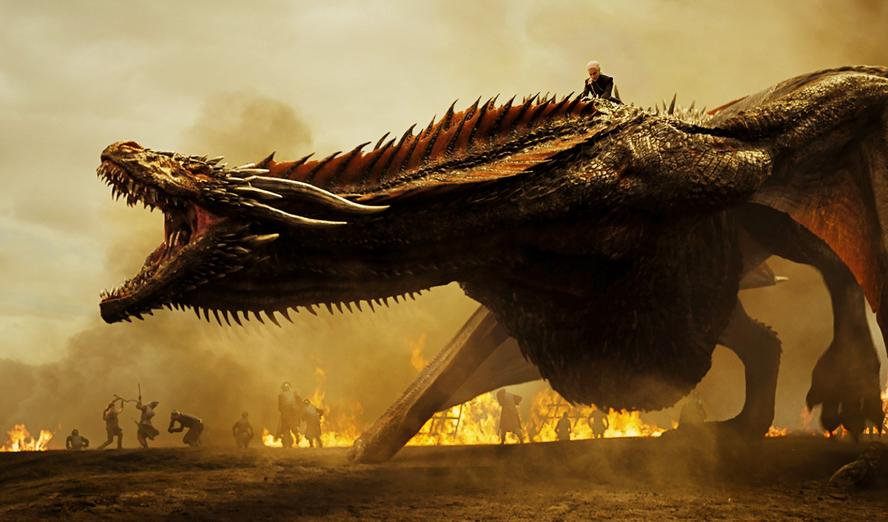
5. Audience Recommendations
This series is suited for:
- Fans of epic fantasy, political intrigue, and character-driven drama. If you like The Lord of the Rings but with more human betrayal, moral ambiguity, and darker tone, this is in that space.
- Viewers willing to invest: Game of Thrones demands attention; it’s complex and long.
- People who enjoy morally grey characters, shifting loyalties, betrayal, and narrative surprise.
- Fantasy fans who prefer gritty realism, large scope, and that magic is a part of the world, not the only part.
Perhaps less ideal if:
- You dislike graphic violence, sexual content, betrayal, or morally dark stories. The show is often brutal and ruthless.
- You prefer stories with very neat endings. The conclusion is divisive and not everyone will feel closure.
- You want light, uplifting fantasy; Game of Thrones is often bleak, tragic, and morally heavy.
6. Conclusion & Rating
Game of Thrones is an extraordinary achievement in television — it redefined what fantasy on screen could be, merged political drama with magic, and delivered unforgettable moments, characters, and spectacles. Its imperfections, especially in its later seasons, do not erase how powerful and influential it was over much of its run.
Final Recommendation: Absolutely worth watching for anyone interested in ambitious storytelling, fantasy grounded in human drama, and for those who enjoy being challenged by what fate, power, and choice can do to people. Be prepared for darkness and complexity.
Star Rating: ★★★★☆ (4.5 out of 5 stars)
